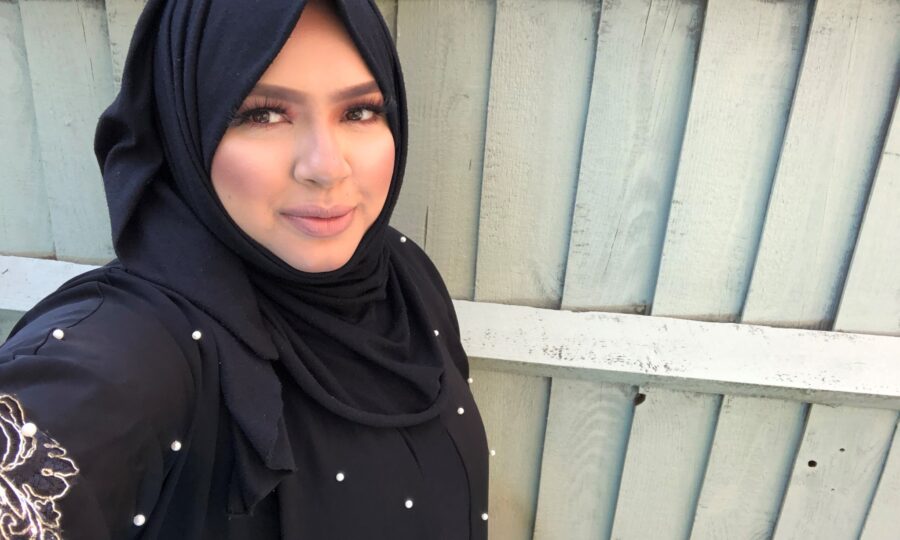Tackling hate crime in Islington

Many hate crimes aren’t reported and victims often suffer in silence. Hate crime prevention champions like Merium and Kat promote understanding and awareness of hate crimes in their communities, so more people know how to report them and get support. They tell us more about their work and why it’s so important
Why did you become a hate crime prevention champion?
Merium: As part of my role as the vice chair of Islington Faiths Forum, I am actively involved in the Islington Hate Crime Forum, which works to address hate crimes at a broader level. I became a hate crime prevention champion to help combat hate crimes in my community, encourage inclusivity and understanding.
Kat: I attend the Islington Hate Crime Forum on behalf of The Elfrida Society’s power and control group, which is a team of people with learning disabilities (LD) who speak up about issues that impact them. The forum is a helpful meeting, which brings people from different sectors together to look at stats and preventative measures. The professionals involved really try to create change and work hard for hate crime to be more widely recognised and dealt with. It was clear from the statistics given at the Hate Crime Forum that hate crimes are hugely underreported in Islington by people with learning disabilities, with members of our group saying they don’t bother.
I became a hate crime prevention champion to learn more about why people with LD are targeted and what support is available.
You received free training to become a hate crime prevention champion. What did you learn?
M: The training gave me valuable knowledge to identify, prevent, and respond to hate crimes, so I am better placed to make a positive impact.
K: The training was very helpful. I learnt what a hate crime is and how to identify and report it. It was easy to follow and suitable for anyone to attend. The rest of the power and control group will be doing the same training very soon, so they can become champions too.
What have you achieved in your role so far?
M: I’ve had lots of discussions with people about recognising and reporting hate crimes. Feedback has been positive, which just shows the importance of initiatives like this. I’ve provided support to victims, ensuring they get the help and resources they need during challenging times, and have been actively encouraging people to report hate crimes. It’s a group effort to combat discrimination and intolerance and I try to emphasise that.
K: We held an event to raise awareness of hate crime in the LD community. The group made a powerful video that showed some of the reasons people don’t report it, highlighting what needs to change. The video was shown at the event and shared with our network and the Hate Crime Forum. This led to us making links with local police officers to start building better relationships between the police and people with LD. We also made easy read leaflets and posters, which are free for anyone with an LD to collect from us.
What difference do you hope to make in your community?
M: My goal is to create a safer and more tolerant community, promoting awareness and educating people, and to reduce instances of hate crimes.
K: Many people with LD have reported distressing incidents to The Elfrida Society and they feel like they can’t do anything about them. It is vital to me that I help people with LD feel empowered to know these incidents are wrong and that the people who commit them face justice.
If you’re interested in becoming a hate crime prevention champion or learning more about preventing hate crime, email hatecrime@islington.gov.uk or visit the Islington Council website.
To report a hate crime anonymously, call Crimestoppers on 0800 555 111. If someone is in immediate danger always call 999; call 101 to make a non-emergency report to the police.
